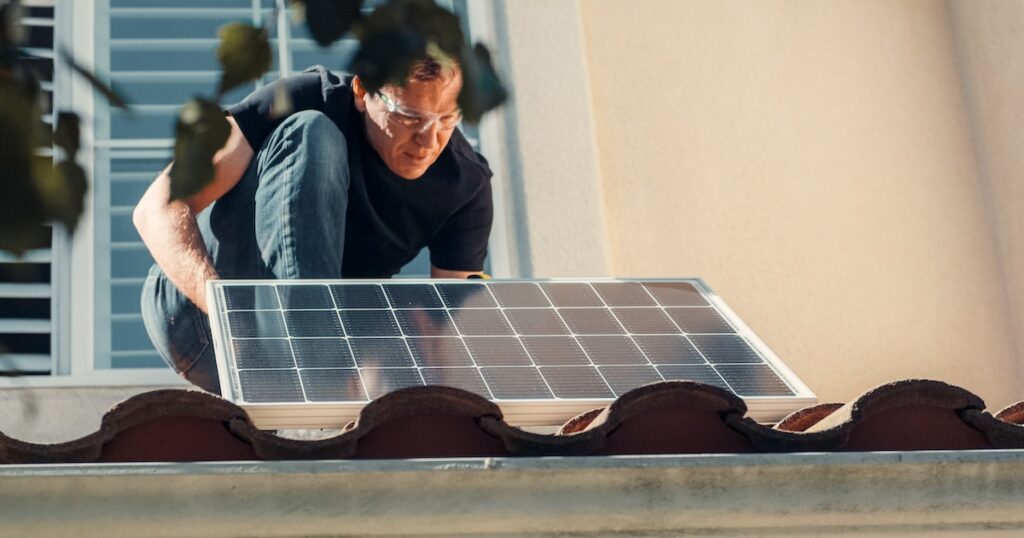Learn Everything You Need to Know About the Solar Tax Credit

What Happens If My Tax Bill Is Lower Than My Tax Credit?
If your tax payment is less than the value of your solar tax credit, you can carry the credit forward to a future tax year. Read Solar Tax Credit: What Are Your Alternatives? to discover more about your options. What If Your Tax Liability Is Insufficient? Is the Residential Solar Tax Credit available when purchasing a new home?
You can still claim the Residential Clean Energy Credit if you buy a new home with solar installed in the year you move in., regardless of when the house was built or sold. For instance, if your home was built in 2020 and you bought it in 2021 but did not move in until 2022, you can claim the Residential Clean Energy Credit on your 2022 taxes.
Remember that the Residential Clean Energy Credit may only be claimed once, so make sure your builder has yet to claim the credit. If your builder has claimed it, you may be able to negotiate a reasonable allocation for those expenditures, which you can then add into the ultimate purchase price.
Can you get the solar tax credit if you lease your solar panel system?
You will not be eligible for the Residential Clean Energy Credit if you lease your solar panels, but your leasing company may use that tax credit to help reduce your monthly payments. Many solar businesses provide leasing alternatives in which they pay for installation and equipment costs and then charge you a monthly fee to utilize the solar panels.
During the lease, the solar company operates as a third party and owns the panels, while the homeowner benefits from lower monthly energy bills. Because the solar company owns the boards, they are more likely to earn the solar tax credit than the homeowner.
Solar leasing firms may use the value of those tax credits to reduce the monthly cost they charge homeowners, but it is unlikely to be a direct pass-through reduction because the solar company will want to keep some of that value.
You will not usually earn most state and local solar incentives if you lease your solar panel system, while the business you rent from may utilize such benefits to offset their costs and help lower your monthly payment. In some situations, a lease will provide you with financial benefits linked with the sale of solar renewable energy certificates (SRECs). However this is dependent on where you live.
Why is now the ideal time to install solar panels?
Because the Residential Clean Energy Credit has been boosted to 30%, now is an excellent time to go solar. You can save even more money and transition to an electrified future for your home’s energy needs.
This historic legislation demonstrates our government’s commitment to the clean energy economy and serves as a clear signal to homeowners that now is the time to install solar panels. The solar tax credit has been a significant driver of solar industry expansion.
The price difference between a solar power system with and without the tax credit will be substantial for many homeowners. As a result, there has never been a better time to go solar and take full advantage of the tax credit while it is still available.
How to Begin Using Solar and Claim Your Residential Clean Energy Credit
If you’ve ever pondered going solar and wondered how to earn your solar tax credit, now is the time to get started. The Residential Clean Energy Credit allows you to recoup some of your investment in a solar energy system. Going solar now will ensure you get the best return on your investment. In contrast, the solar tax credit is still available.
Solar tax credits have played a key role in determining government policy incentives for sustainable energy in the United States. The Residential Clean Energy Credit’s long-term stability will allow businesses to continue driving down costs and investing in their growth, and by supporting in solar, you will be helping to generate employment and boost the economy while saving money.


